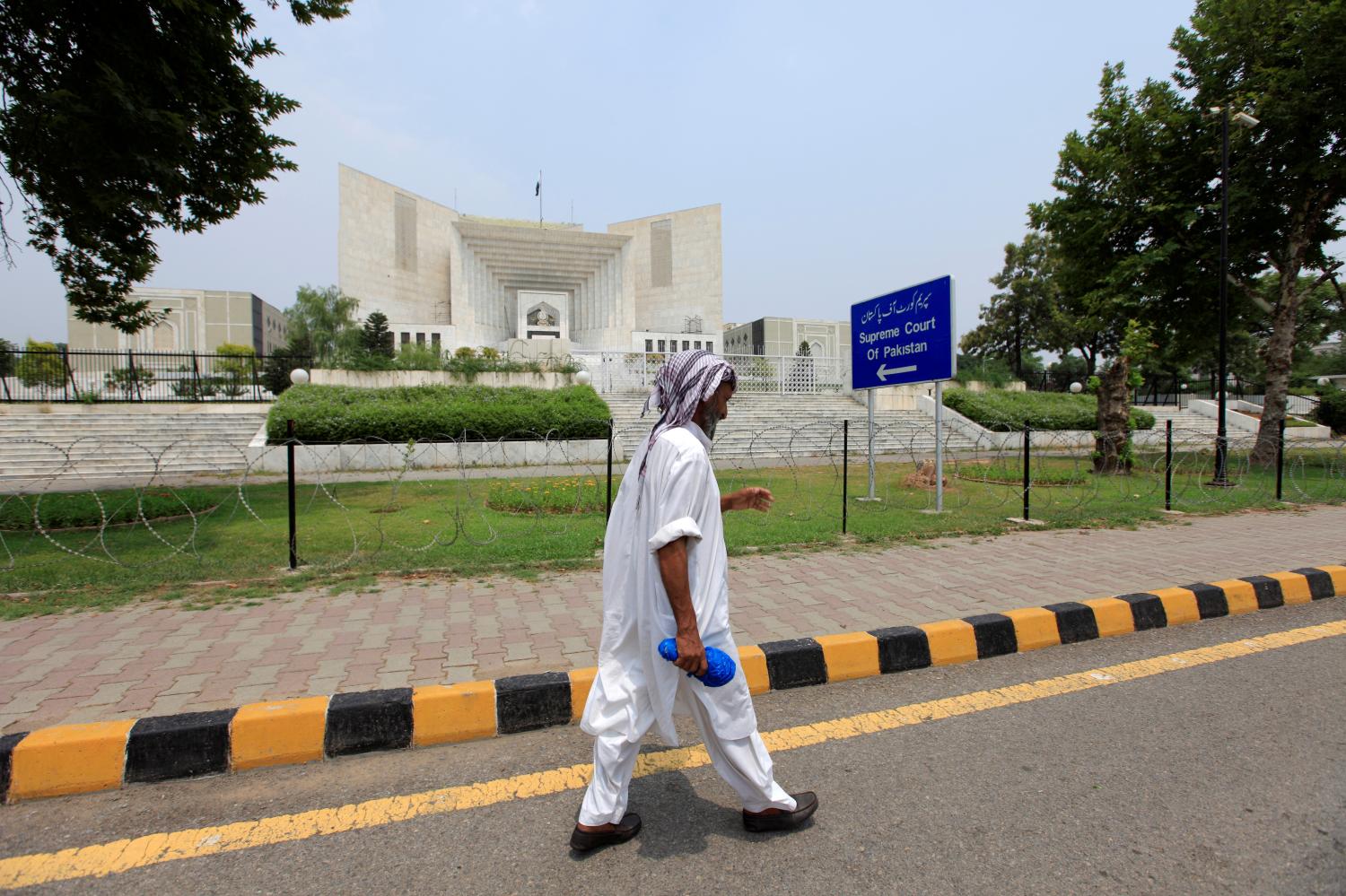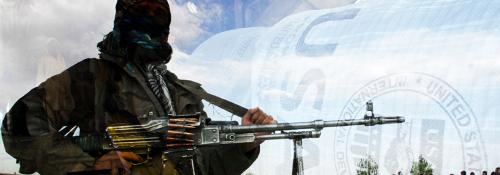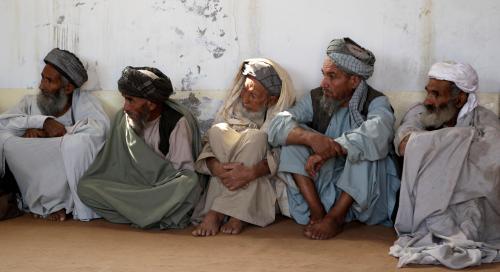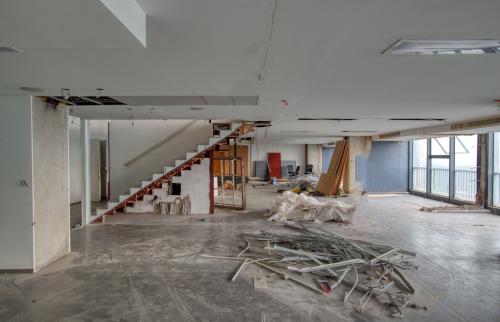 Many believe that the present disorder in the international system is greatly amplified by the collapse of local order across a number of key states. In this paper, Manzar Zaidi investigates how in Pakistan, the state has partially failed to establish local order in its region because of poor governance, the lack of a coherent counterterrorism policy, and a disconnect between state organs. Additionally, unresolved questions around Islam’s relationship to the state and attendant implications for state legitimacy and power relations between state institutions and Islamist groups have complicated the scenario. This has allowed non-state actors like Jamaat-ud-Dawa (JuD), Tehreek Taliban Pakistan (TTP), and emerging Islamic State (also known as ISIS) elements to undermine domestic order and participate in dispensing justice through the establishment of their own shariah adjudication bodies. This occurs most often where the state’s institutions have failed to protect human rights and provide justice.
Many believe that the present disorder in the international system is greatly amplified by the collapse of local order across a number of key states. In this paper, Manzar Zaidi investigates how in Pakistan, the state has partially failed to establish local order in its region because of poor governance, the lack of a coherent counterterrorism policy, and a disconnect between state organs. Additionally, unresolved questions around Islam’s relationship to the state and attendant implications for state legitimacy and power relations between state institutions and Islamist groups have complicated the scenario. This has allowed non-state actors like Jamaat-ud-Dawa (JuD), Tehreek Taliban Pakistan (TTP), and emerging Islamic State (also known as ISIS) elements to undermine domestic order and participate in dispensing justice through the establishment of their own shariah adjudication bodies. This occurs most often where the state’s institutions have failed to protect human rights and provide justice.
Reconstituting social order in Pakistan must be made a serious priority for the government of Pakistan as well as the international community. If the lacunae in distributive social justice are not considered in policymaking, and anti-state sentiments are not addressed properly, then there is a high probability that these non-state actors will increasingly evolve into viable alternatives to the state in the future. Even though there seems to be substantial reform needed to the justice delivery mechanisms, with the system delivering very little, all is by no means lost. The issues are of regulatory quality rather than just a lack of laws or poor legislation. However, unless social order is re-constituted in areas where perceptions of injustice prevail in Pakistan, these shariah courts and other informal dispute settlement mechanisms may continue to thrive and may even assume more ominous overtones with time, in no small part inspired by ISIS’ ideology.
The Brookings Institution is committed to quality, independence, and impact.
We are supported by a diverse array of funders. In line with our values and policies, each Brookings publication represents the sole views of its author(s).






